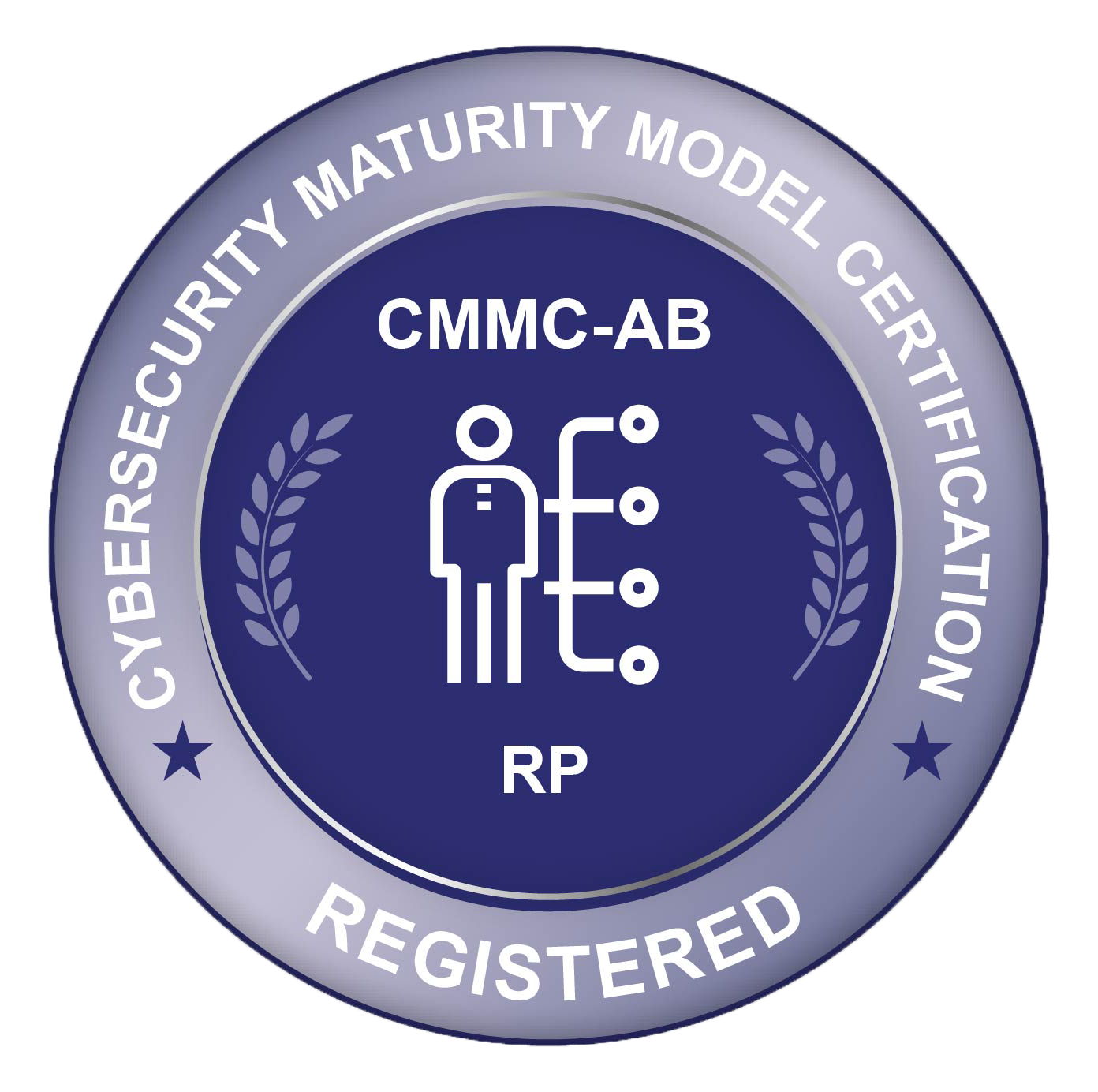Protection Against Email Spoofing

Meet Email Provider Requirements To Deliver Email
We’ve all experienced those frustrating moments when we’ve received an email from people we know or even ourselves that from the first glance we know aren’t legitimate. Email spoofing, the creation of email messages with a forged sender address, is very common and potentially very harmful.
What is Email Spoofing?1
Email spoofing is the forgery of an email header so that the message appears to have originated from someone or somewhere other than the actual source. Email spoofing is a tactic used in phishing and spam campaigns because people are more likely to open an email when they think it has been sent by a legitimate source. The goal of email spoofing is to get recipients to open, and possibly even respond to, a solicitation.
Although most spoofed email falls into the nuisance category and requires little action other than deletion, the more malicious varieties can cause serious problems and pose security risks. For example, a spoofed email may appear to be from a well-known shopping website, asking the recipient to provide sensitive data such as a password or credit card number. Or the spoofed email may ask the recipient to click on a link that installs malware on the recipient’s computing device.
How to Protect Your Business?
Currently, many major email service providers have started requiring additional protections be configured to accept email from your domain name. These protections such as SPF (Sender Policy Framework), DKIM (DomainKeys Identified Mail) & DMARC (Domain-based Message Authentication, Reporting and Conformance) DNS Records, do provide mechanisms for mitigating the flow of bogus email messages.
These are prudent protections to deploy for your email system, whether hosted or on-premises. Unfortunately, they are not straight forward in regards to the implementation. For the MTBW Services Managed Services clients, we are currently deploying these protections for you. If you are not a MTBW Services Managed Services client and would like assistance with these protections that are becoming more and more required components, please contact us and we would be glad to assist you.
Contact MTBW Services to discuss your email protection stance and specifically SPF, DKIM & DMARC DNS Records used for email protection.
1 Source TechTarget.com









